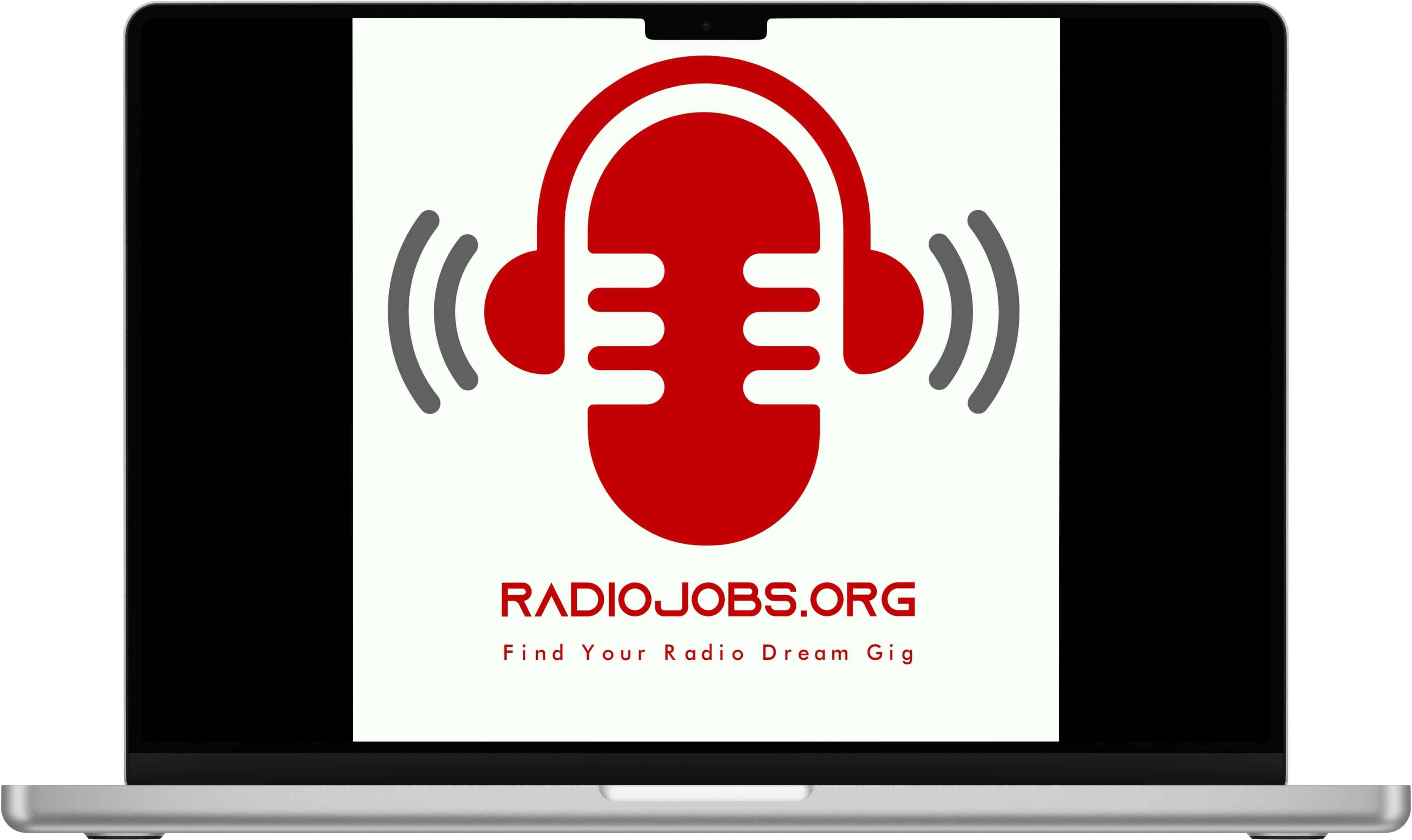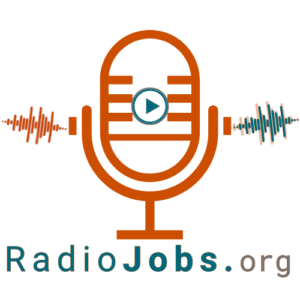
How to Apply for a Job in Radio/Broadcasting
Best Tips and Biggest Mistakes
The radio industry has faced some changes over the years, but it remains a vibrant career field for creative professionals who love the airwaves. Despite the growth of digital audio platforms, radio reaches 92% of the U.S. adult population weekly, making it a significant medium. According to the Bureau of Labor Statistics (BLS), the employment of announcers, including radio DJs, is projected to grow by about 6% through 2031, slightly above average compared to other fields. However, competition for positions in management, such as Operations Managers, Program Directors, and News Directors, remains high.
To stand out, you need to be prepared and strategic in your job search. Whether you’re looking for a Deejay, Program Director, or Production Director role, follow these tips to help secure your next broadcasting gig and avoid common mistakes.
Best Tips for Applying to Radio Jobs
- Tailor Your Resume and Cover Letter Generic resumes and cover letters are out! Every radio job has a unique vibe and set of responsibilities. You want your resume and cover letter to feel like they were written specifically for the job. Highlight your relevant experience—whether it’s running a tight ship as a Program Director or connecting with listeners as On-Air Talent. Customize your approach for each application.
- Know the Company Inside and Out If you’re serious about a job, show it! Research the station or media company. Know their format, their target audience, and any recent industry trends they might be jumping on. Mentioning something specific, like their successful morning show or a unique community initiative, in your cover letter can make a world of difference.
- Network, Network, Network Radio is a tight-knit industry, and many jobs are filled before they even get posted. According to a 2023 survey, 85% of all jobs are filled through networking. Go to industry events, reach out to radio professionals on LinkedIn, and don’t be afraid to ask for an informational interview. Sometimes, it’s about being in the right place at the right time.
- Keep Up with Industry Trends Radio is far from dead—it’s evolving. From podcasting to streaming, the way people consume audio is changing. Make sure you’re in tune with the latest trends and technologies in the industry. This makes you not just another candidate but someone who’s forward-thinking and ready for the future.
- Showcase Your Versatility Especially for roles like Operations Manager, Production Director, or Program Director, versatility is key. Can you edit audio, manage a team, plan promotions, and handle tech problems? Showcase your range of skills. Employers love candidates who can wear multiple hats.
Worst Mistakes to Avoid
- Not Researching the Company Sending out applications without understanding what the company stands for, their audience, or their challenges? Huge mistake. Employers can tell if you’ve done your homework, and nothing kills your chances faster than a lack of preparation.
- A Generic, One-Size-Fits-All Resume One of the biggest missteps is sending the same resume to every job. Remember, a Program Director and an On-Air Talent role have different requirements. Your resume should highlight the specific skills and experiences that make you a fit for the role you’re applying for.
- Ignoring the Power of Networking Job boards are great (we obviously love them at radiojobs.org), but don’t ignore the power of reaching out directly to people in the industry. A personal introduction or referral will get your foot in the door faster than a cold application.
- Overlooking Your Digital Presence In radio today, having a strong online presence is essential. Whether you’re an On-Air Talent, News Anchor, or Program Director, employers are likely to check your social media profiles, blogs, or any other content you’ve put out there. Make sure it’s professional and highlights your passion for the industry.
- Not Following Up After an interview, always send a follow-up email. This can set you apart and show your enthusiasm. But don’t be a pest—give the employer space, and be respectful in your follow-up approach.
Want a free resume template? Simply subscribe below and we’ll send one to you!
Job Market Outlook for Radio Professionals
While some industries have shifted entirely to digital, radio remains a powerful medium, reaching over 240 million Americans weekly. According to the Bureau of Labor Statistics, employment for Broadcast Announcers and Radio Disc Jockeys is expected to remain stable, with a modest growth of about 6% through 2031.
However, competition for senior positions like Operations Manager, Program Director, and News Director can be intense. These roles often require a combination of creative vision, technical know-how, and leadership skills, making them some of the most coveted jobs in broadcasting.
Final Thoughts
Landing a job in radio broadcasting takes more than just sending out resumes—it requires effort, attention to detail, and a genuine passion for the industry. Whether you’re aiming for a Program Director role or hoping to make waves as an On-Air Talent, following these tips will help you stand out from the crowd. And if you’re looking for the next great gig, radiojobs.org is here to connect you with the opportunities that match your goals. Happy job hunting!
1 Comments



Breaking Into the Radio Industry: Your Job Hunt Starts Here
[…] If you want to be on-air, you need a demo. Doesn’t have to be fancy—grab a decent mic, record a quick show in your bedroom, keep it short and real. I’ve used Audacity for years; it’s free and does the trick. Off-air? Make your resume fit—mention anything audio-related, sales experience, whatever shows you’re not clueless. Radio loves people who can do a bit of everything. Read our blog here about “How to Apply for a Job in Radio/Broadcasting“ […]